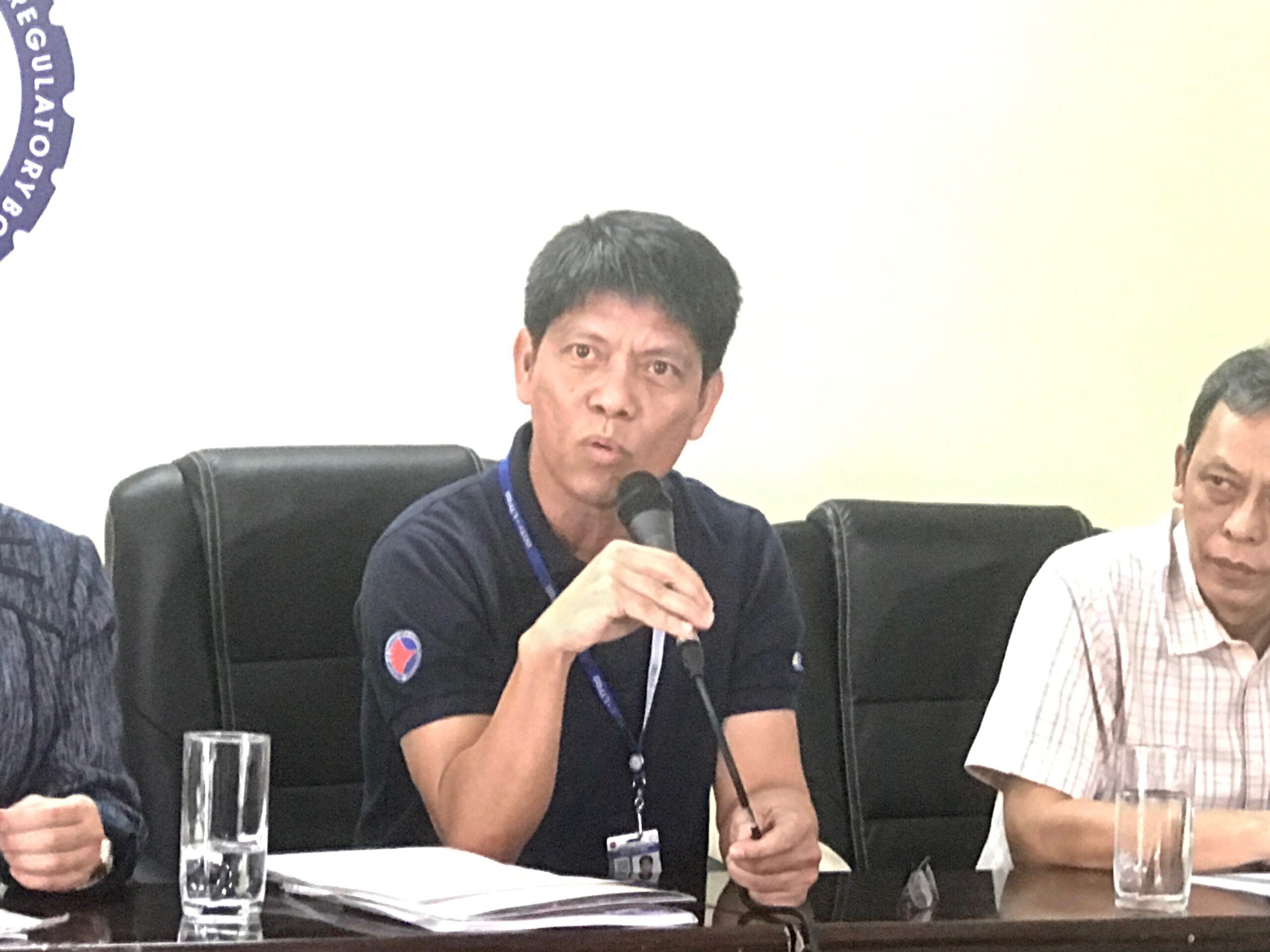SUMMARY
This is AI generated summarization, which may have errors. For context, always refer to the full article.

MANILA, Philippines – If Grab and Uber continue to disobey the orders of the Land Transportation Franchising and Regulatory Board (LTFRB), they should do business elsewhere.
This is the message of the regulatory board to the transport network companies (TNCs) after both continued to allow unaccredited drivers to operate despite the order of the LTFRB to take them off the road.
“If there would be a right-minded, law-abiding TNC who will be supportive of this, [we will support them], but for those TNCs who are not supportive or compliant, get your business elsewhere,” LTFRB chairman Martin Delgra III said on Tuesday, July 18.
“To Grab and Uber, do not come to us now to solve your mess,” LTFRB board member Aileen Lizada said.
She said that the transport giants already earned “millions” from allowing over 30,000 drivers out of all 56,000 to operate for the past year even though they have not been registered with the LTFRB.
Fix the mess
Lizada and Delgra said that the mess began because of Grab and Uber.
According to Delgra, the TNCs may have deliberately withdrawn from telling their “partner drivers” to come to the LTFRB to get a franchise before operating.
“That is clear. Because if they knew, [they would not operate],” he said.
Lizada recounted that she had visited an Uber registration office on Monday, July 17, and saw that it was “business as usual.”
She said she asked around the office if they continued to allow new drivers to operate and they said yes.
According to Delgra, the 30,000 who are not properly registered will be tackled in their upcoming technical working group discussion. “The rules are very simple. I do not know why they cannot comply,” Delgra said.
“We need to sit down, para ma-address natin ‘yung TNVS na nalagay ‘nyo sa alanganin (so that we can talk about the [drivers] you had put at risk),” Lizada said.
What happened?
The feud can be traced to an LTFRB order dated July 21, 2016, stopping the franchising board from giving out provisional authority permits.
These permits precede the certificate of public convenience (CPC) franchise which is valid for one to 7 years.
Because of this, the transport network companies could not get new drivers. Grab and Uber took matters into their own hands, as they had to replenish their ranks to accommodate “public demand.”
For this, the LTFRB slapped them with a P5-million fine each and gave them until July 26, 2017, to clear out colorum drivers.
The two companies’ accreditations are still pending for renewal. Grab’s expired last July 3, and Uber’s is set to expire in August. – Rappler.com
Add a comment
How does this make you feel?
There are no comments yet. Add your comment to start the conversation.